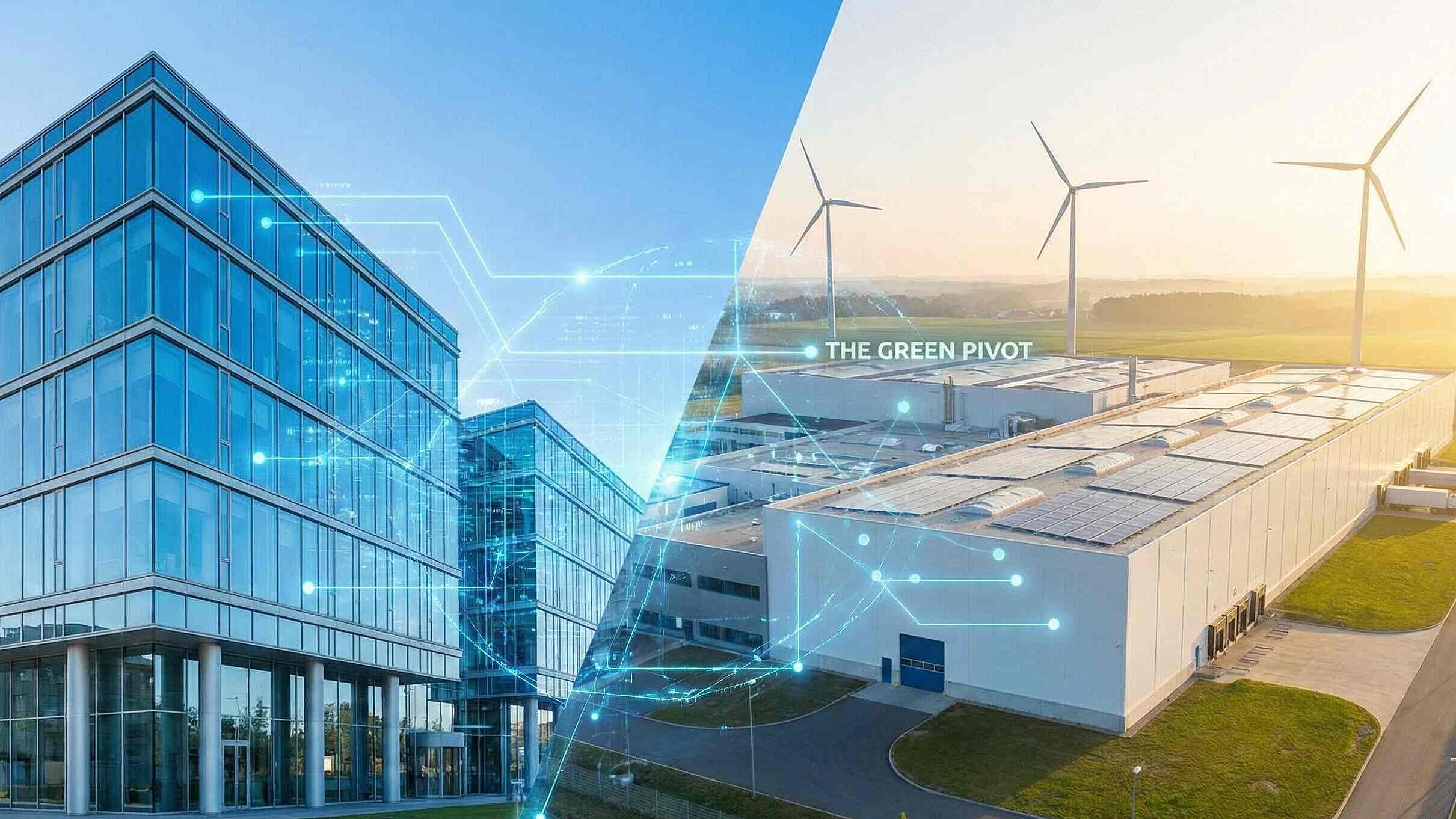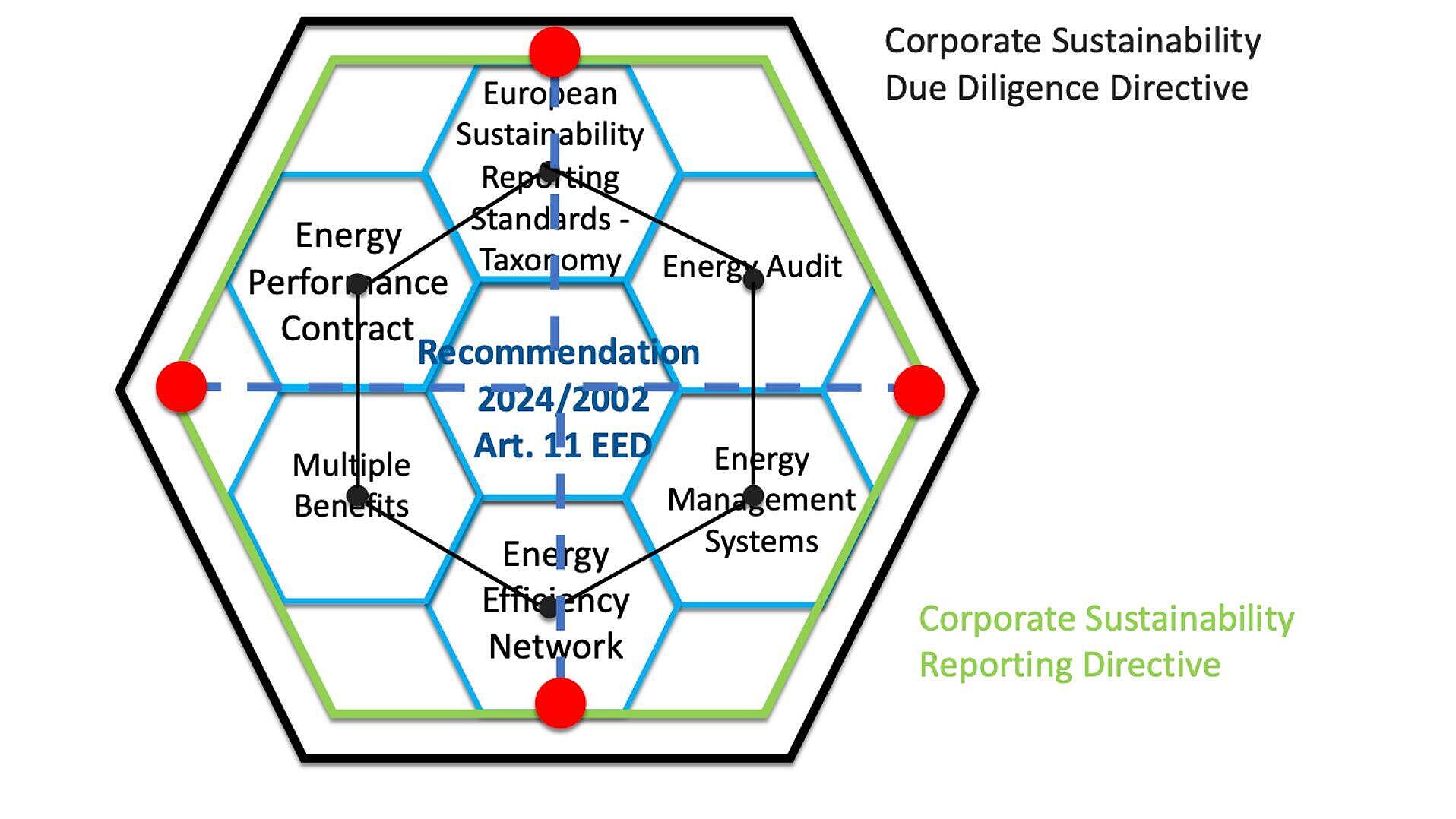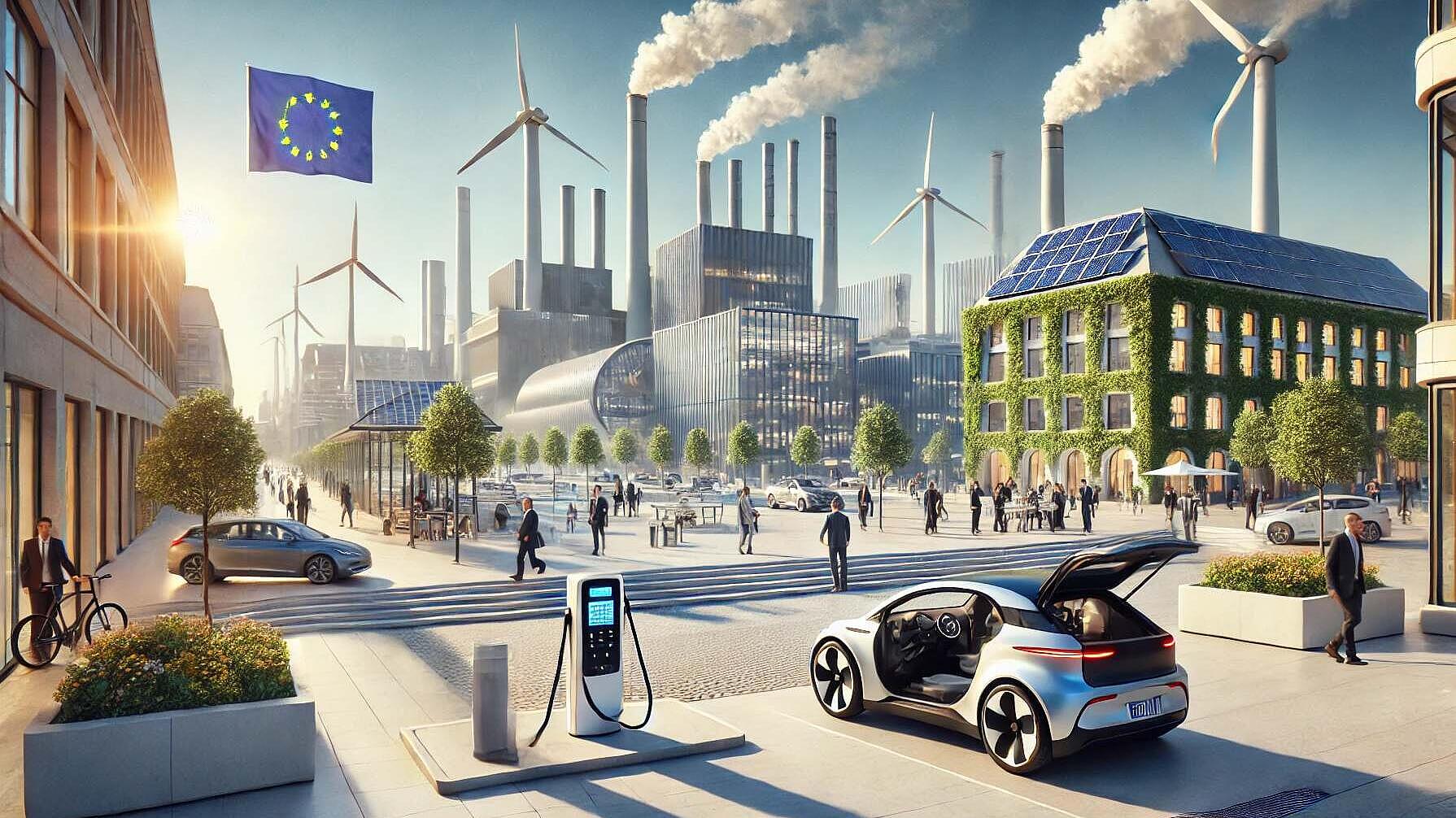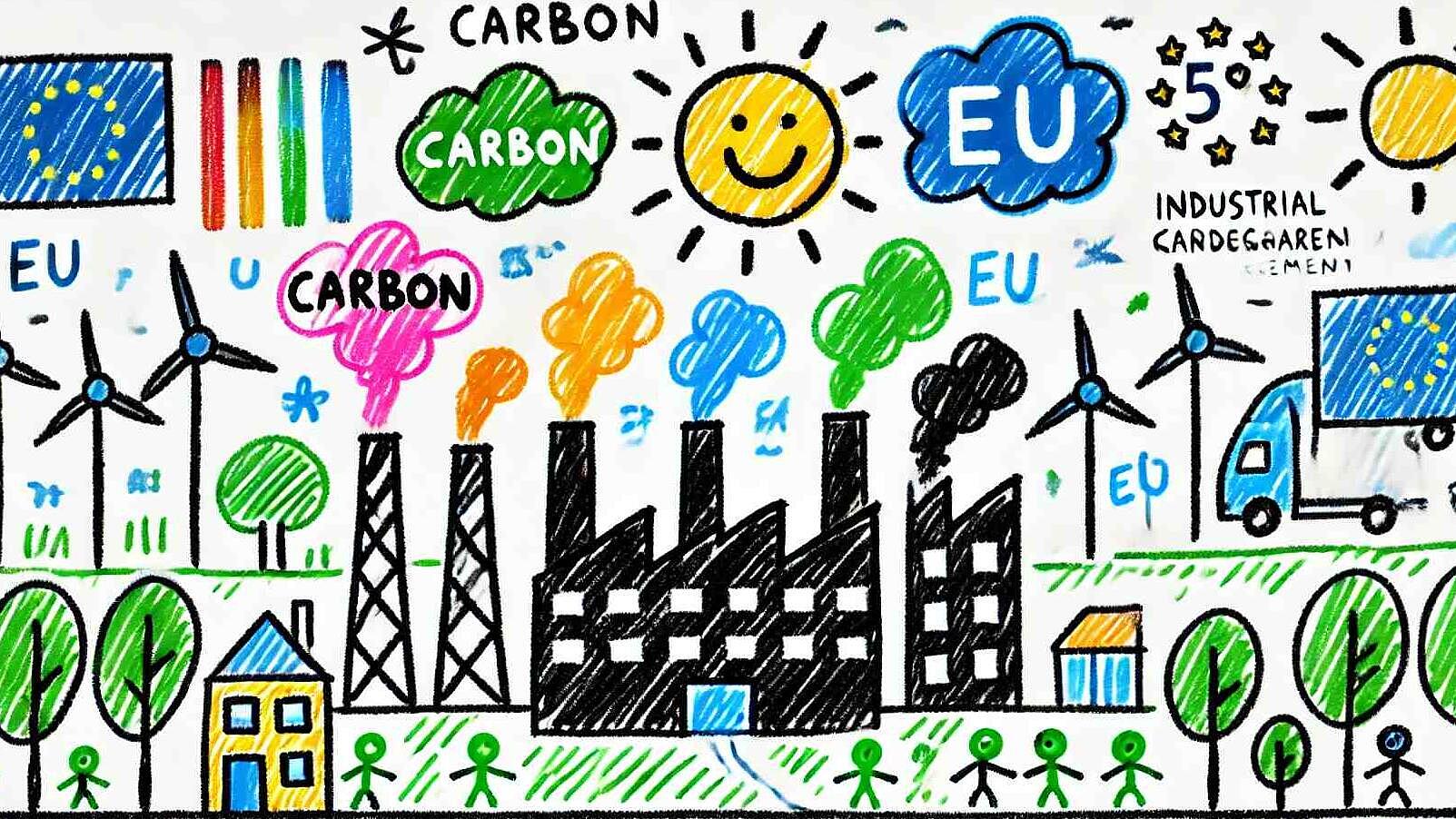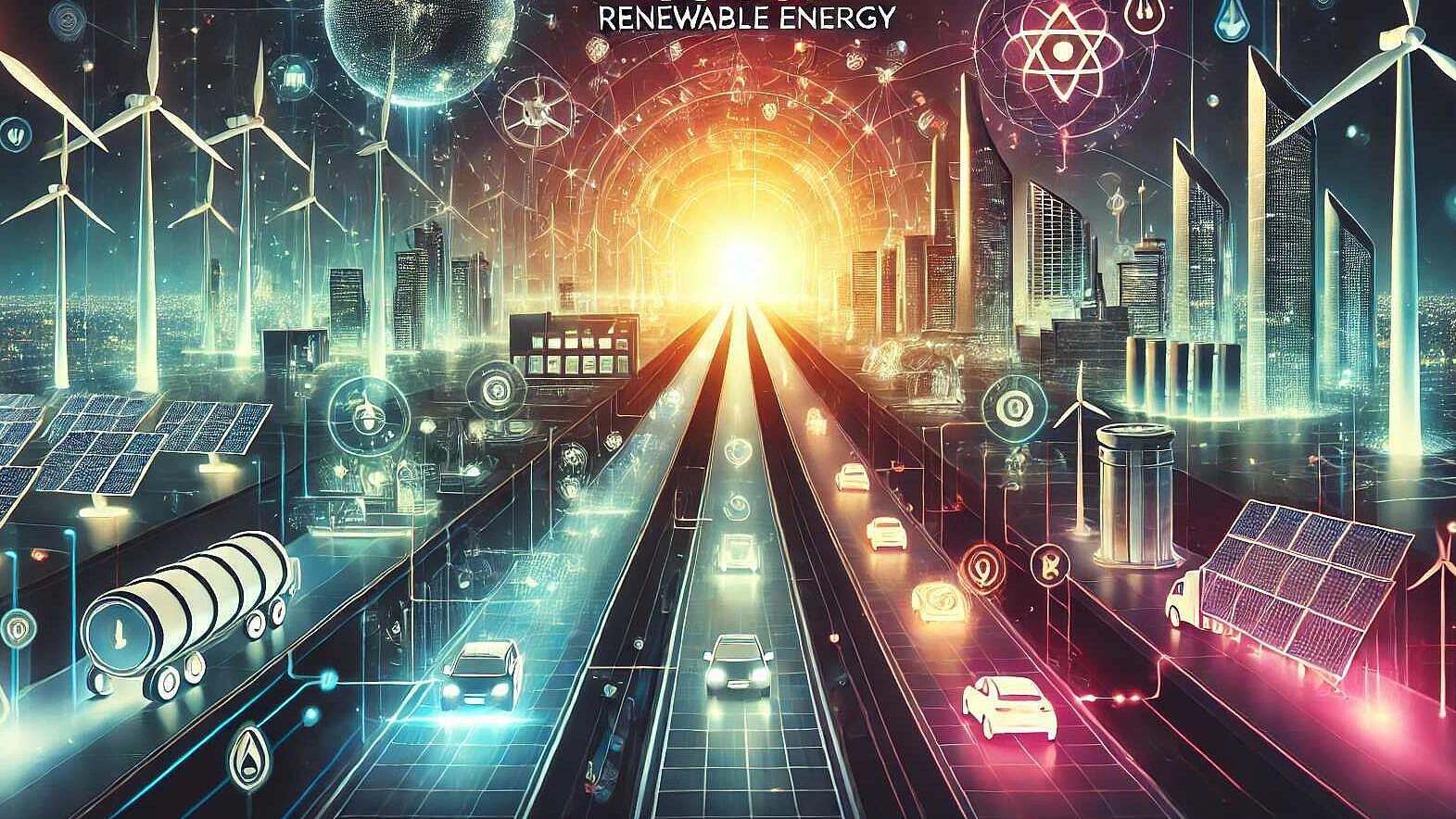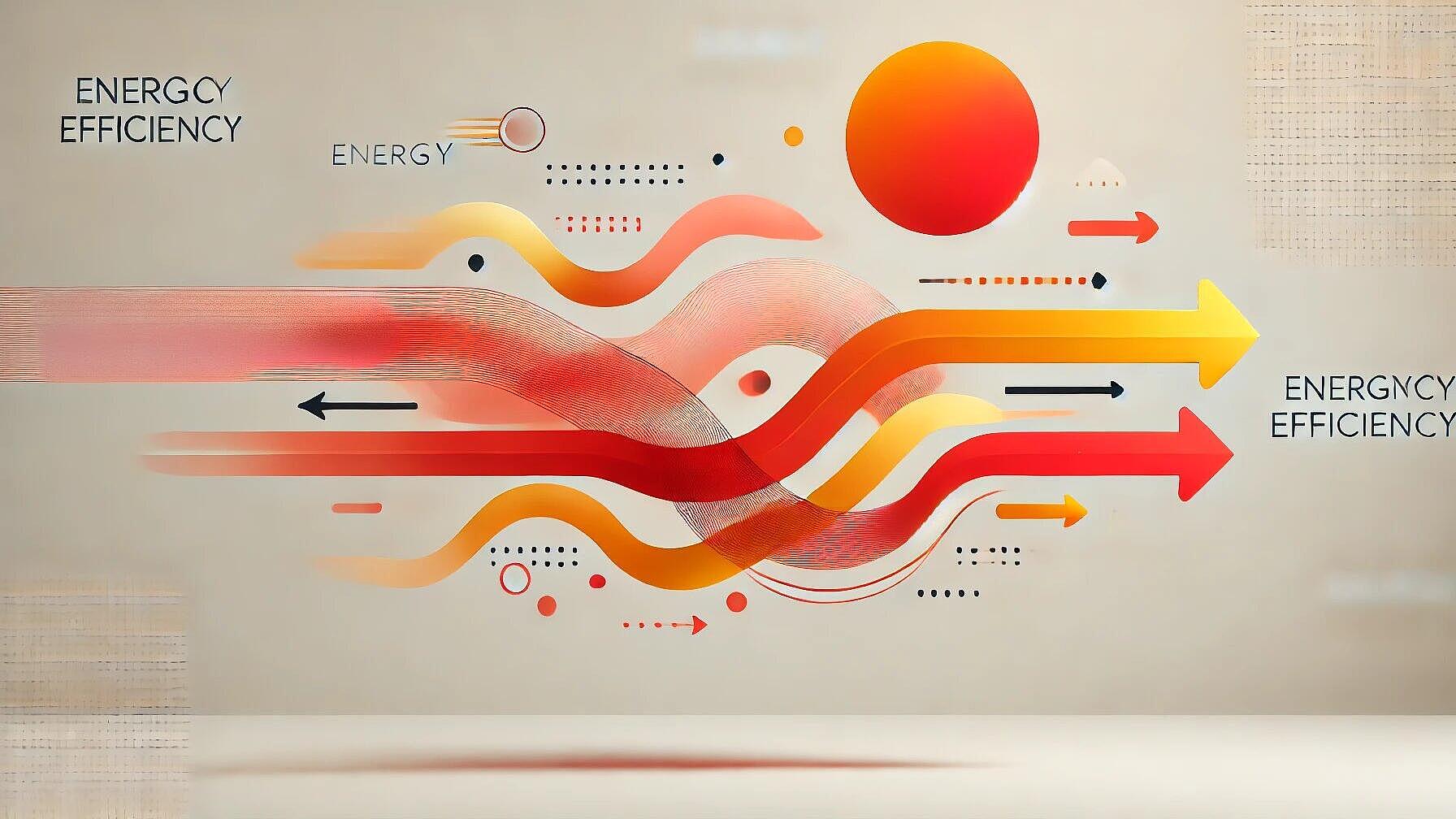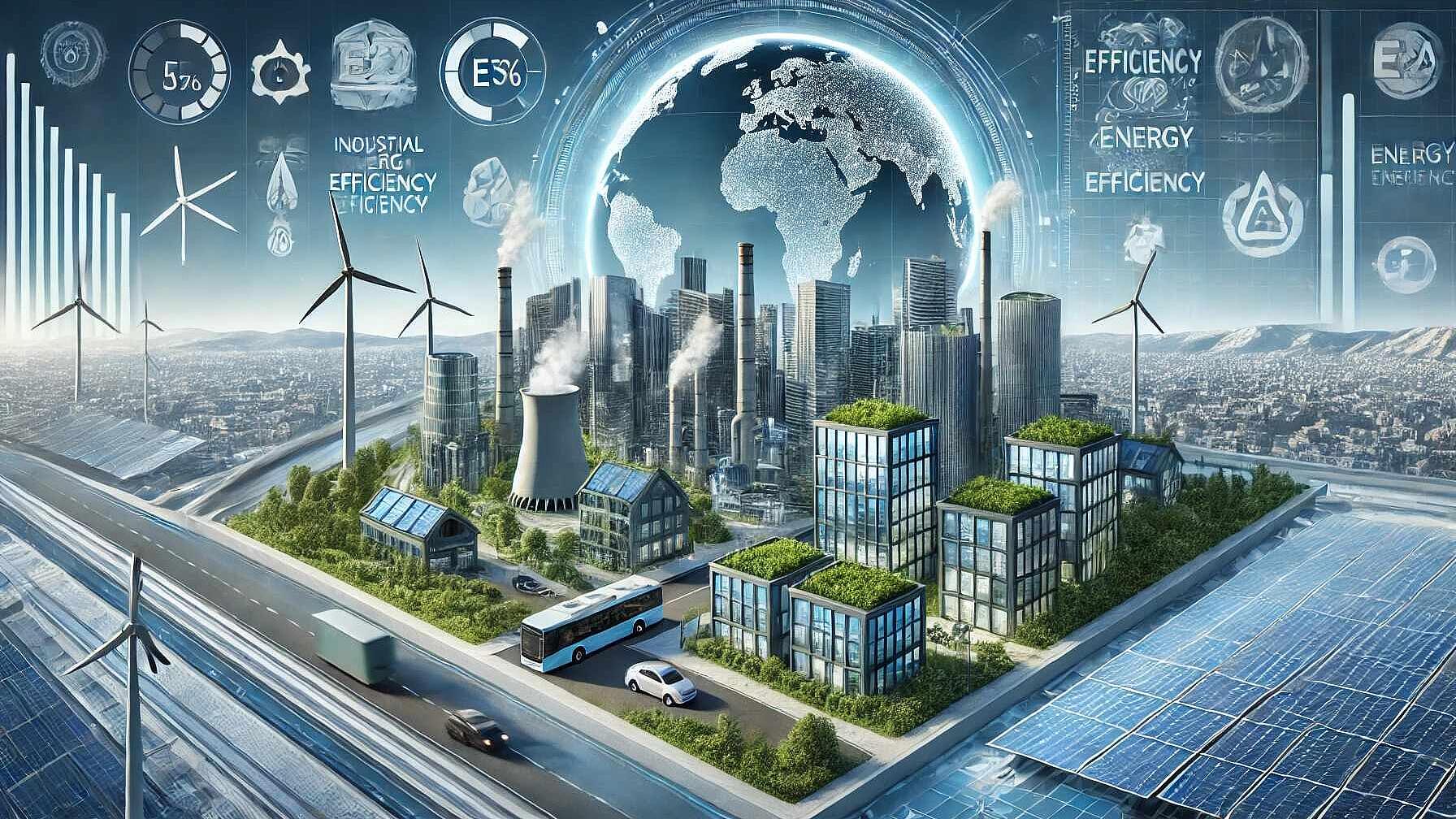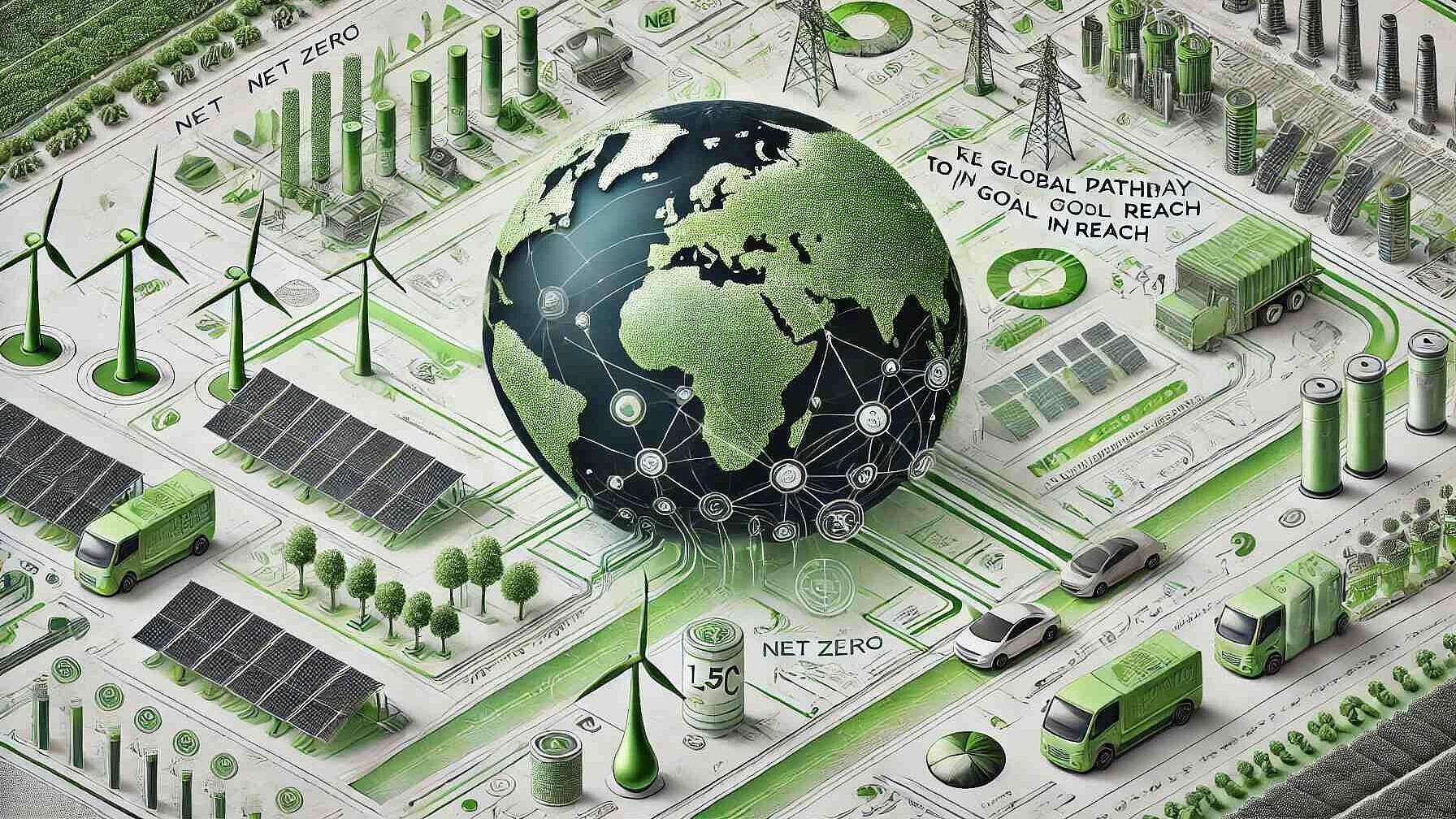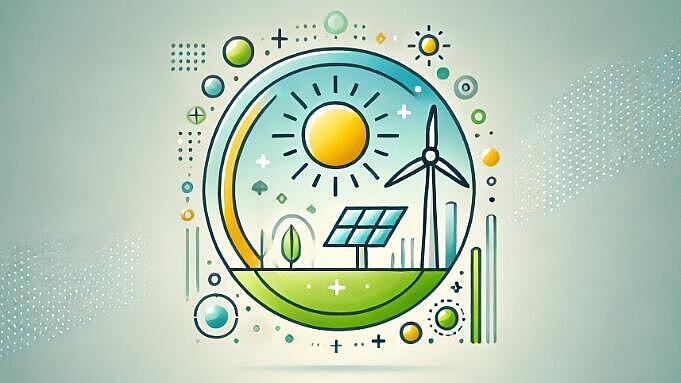 Política & Regulação
Política & RegulaçãoPolítica & Regulação
The 2025 Energy Pivot: Navigating Europe's New Compliance Landscape for Business
Europe’s energy policy shift culminates in 2025, when major EU directives move from negotiation into national laws that create concrete compliance duties for businesses. The recast Energy Efficiency Directive turns “Energy Efficiency First” into a legal requirement and replaces size-based obligations with energy-consumption thresholds: firms above 10 TJ must conduct energy audits, and those above 85 TJ must implement energy management systems. In parallel, RED III raises the 2030 renewables target to 42.5% (aspiring to 45%) and tackles the biggest practical barrier—permitting—by introducing renewables acceleration areas with time-capped approvals and treating renewable projects as overriding public interest. Industry also faces binding requirements to increase renewable energy use by 1.6% annually, including uptake of RFNBOs such as green hydrogen. Looking beyond 2025, attention shifts to grid constraints and tougher 2040 climate targets.
Leer Artigo completoLigar os pontos da Diretiva Eficiência Energética com os relatórios financeiros sustentáveis. Todo o potencial desbloqueado.
A Comissão Europeia emitiu orientações para ajudar os Estados-Membros da UE a adotar a diretiva relativa à eficiência energética até outubro de 2025. A Recomendação 2024/2002 promove uma abordagem integrada das auditorias energéticas, dos sistemas de gestão e dos relatórios de sustentabilidade, apoiando o cumprimento de diretivas comunitárias mais amplas.
Leer Artigo completoRevitalizar o futuro industrial da Europa: A visão estratégica da Comissão Europeia para 2024-2029
A estratégia da Comissão Europeia para 2024-2029 visa revitalizar o sector industrial da Europa, enfrentar os desafios económicos, promover a sustentabilidade, fazer avançar a soberania tecnológica, garantir a justiça social e reforçar as parcerias globais para um futuro resiliente e próspero da UE.
Leer Artigo completoAproveitar o carbono: o ambicioso plano europeu de gestão do carbono industrial
A estratégia de gestão do carbono industrial da UE tem como objetivo a neutralidade climática até 2050, visando inovações na captura e utilização de carbono (CCU), na captura e armazenamento de carbono (CCS) e no transporte de CO2 através de uma rede de 19 000 km. Esta abordagem transformadora, que promove uma cadeia de valor do carbono, poderá gerar entre 45 e 100 mil milhões de euros e criar entre 75 000 e 170 000 postos de trabalho até 2030, posicionando simultaneamente a UE como líder mundial em tecnologias de gestão do carbono. A estratégia coloca a tónica no investimento, na I&D, na participação do público, na cooperação internacional e no desenvolvimento regulamentar.
Leer Artigo completoA revolução das energias renováveis: Alimentar o nosso futuro
Os estudos traçam cenários para um sistema de energia 100% renovável até 2050, destacando a eletrificação, a predominância da energia solar e eólica, a criação de emprego, a flexibilidade da rede, a importância do armazenamento de energia, o papel do hidrogénio verde e os benefícios socioeconómicos, incluindo ganhos em termos de saúde e emprego.
Leer Artigo completoPowering Europe's Clean Energy Future: Key Elements of the EU Energy Efficiency Directive
The EU Energy Efficiency Directive sets binding targets to reduce energy use by 2030 and introduces measures across sectors for energy savings, prioritizing efficiency, sustainability, and enhanced energy security for European citizens and businesses, requiring member states to implement various efficiency strategies and reporting mechanisms.
Leer Artigo completoDoubling Energy Efficiency Progress: A Key to Achieving Climate Goals and Energy Security
The IEA's Energy Efficiency 2023 report calls for doubling global efficiency efforts to 4% annually for achieving net zero targets, highlighting significant regional progress, job creation potential, and the necessity for a transformative industry shift, supported by robust policies and investment.
Leer Artigo completoAccelerating the Clean Energy Transition: An Updated Roadmap to Net Zero Emissions
The IEA's 2023 Net Zero Roadmap update outlines steps for a 1.5°C-aligned energy transition, emphasizing rapid clean energy deployment and innovation. It sets key 2030 milestones, including tripling renewables, improving efficiency, increasing EV sales, and reducing methane emissions. Global cooperation and investment are critical.
Leer Artigo completoTop 10 EU Initiatives for Digitalizing the Energy System: Transforming Europe’s Energy Landscape
The European Union is advancing the digitalization of its energy infrastructure through 10 key initiatives that address data interoperability, grid management, cybersecurity, energy efficiency, and consumer empowerment to support its 2030 and 2050 climate goals. These initiatives aim to create an integrated, sustainable energy system that incorporates renewable energy and encourages innovation, while grappling with standardization and fast-paced digital innovation challenges.
Leer Artigo completoEurope's Energy Transition: Leading the Charge, Overcoming the Hurdles
Europe has become a global renewable energy leader, surpassing REPowerEU targets and reducing Russian fossil fuel imports. Policy frameworks and investments have driven renewable energy growth, yet challenges like high energy costs and regulatory hurdles persist. International cooperation is essential for further advancement.
Leer Artigo completo